 |
| Recent breakthrough boosts plant growth by 40 percent |
Foodfarmnewstv
FADAMA 111 PROJECT ADDITIONAL FINANCING
Bestchange
Search This Blog
Labels
- News (413)
- Images speak (40)
- Press Release (39)
- livestock (30)
- FACAN (29)
- Editorial (23)
- Seed (20)
- Biotechnology (18)
- GM (18)
- Research (15)
- wheat (14)
- AFAN (13)
- Special Report (12)
- Cassava (11)
- Rice (10)
- Global news (9)
- Image Speaks (9)
- Maize (9)
- Coconut (7)
- Soil (7)
- Yam (7)
- Bt cowpea (6)
- Disease (6)
- Fertilizer (6)
- Ginger (6)
- Potato (6)
- World Soil Day (6)
- Animals (5)
- Apple (5)
- Cocoa (5)
- Oil Palm (5)
- Tomatoe (5)
- new (5)
- Cashew (4)
- Climate change (4)
- NCARD (4)
- World Food Day (4)
- Fish (3)
- Interview (3)
- National Council meeting on Agriculture. (3)
- Organic agric (3)
- Plant & genes (3)
- Plant genes (3)
- Project (3)
- Sesame (3)
- Shea butter (3)
- AI Research on Agriculture (2)
- Achia (2)
- African Cherry (2)
- Communique (2)
- Cotton (2)
- HAPPY NEW YEAR (2)
- Horticulture (2)
- Insurance (2)
- Kenaf (2)
- Opinion (2)
- Sorghum (2)
- Sunflower (2)
- Tomato (2)
- Turmeric (2)
- seasons greetings (2)
- Artemesia (1)
- Biodiversity (1)
- Birds (1)
- Carrot (1)
- Discovery (1)
- Donkey (1)
- Extension services (1)
- Facts sheets (1)
- Flash Flood (1)
- GES (1)
- GMO Rice (1)
- Garlic (1)
- Gene editing (1)
- Genetic (1)
- Groundnut (1)
- Jute bag (1)
- Locust bean (1)
- MERRY XMAS (1)
- Machinery (1)
- Mango (1)
- Milk (1)
- Okra (1)
- Post-harvest losses/ Food Waste (1)
- Presentation (1)
- Seaweed (1)
- Senate (1)
- Soybean (1)
- Tumeria (1)
- Walnut (1)
- bt cotton (1)
- flood (1)
- fruits (1)
- millet (1)
- water (1)
Total Pageviews
SPONSORED
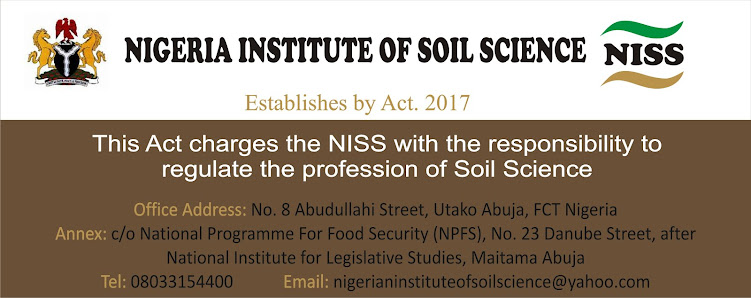
Nigerian Institute of Soil Science- NISS
Translate to Other Languages
Latest News
Monday 1 April 2019
How to feed the world by 2050? Recent breakthrough boosts plant growth by 40 percent
Sunday 31 March 2019
NiMet: Stakeholders advocate impact-based climate change information
 |
| NiMet officials Mr. James Adamu Ijampy, Dr. Mansur Matazu & Mr. Chris Togonus Daudu of (NCRI) at the two day workshop organised by NiMet & SWIFT |
Stakeholders across the economy of Nigeria have called on
the Nigerian Meteorological Agency (NiMet) to upscale its weather and climate
related information to the benefits of rural communities so as to reduce losses
through well-informed impact-based forecast rather than the raw data without
explanation of negative impact prediction on economic productivity. This was
one of the stands taken at two-day Stakeholders’ Workshop held in Abuja,
recently.
Getting to the core of underwater soil
 |
| Taking a soil core from underwater |
Saturday 30 March 2019
Legumes such as peas and beans form intimate and mutually beneficial partnerships
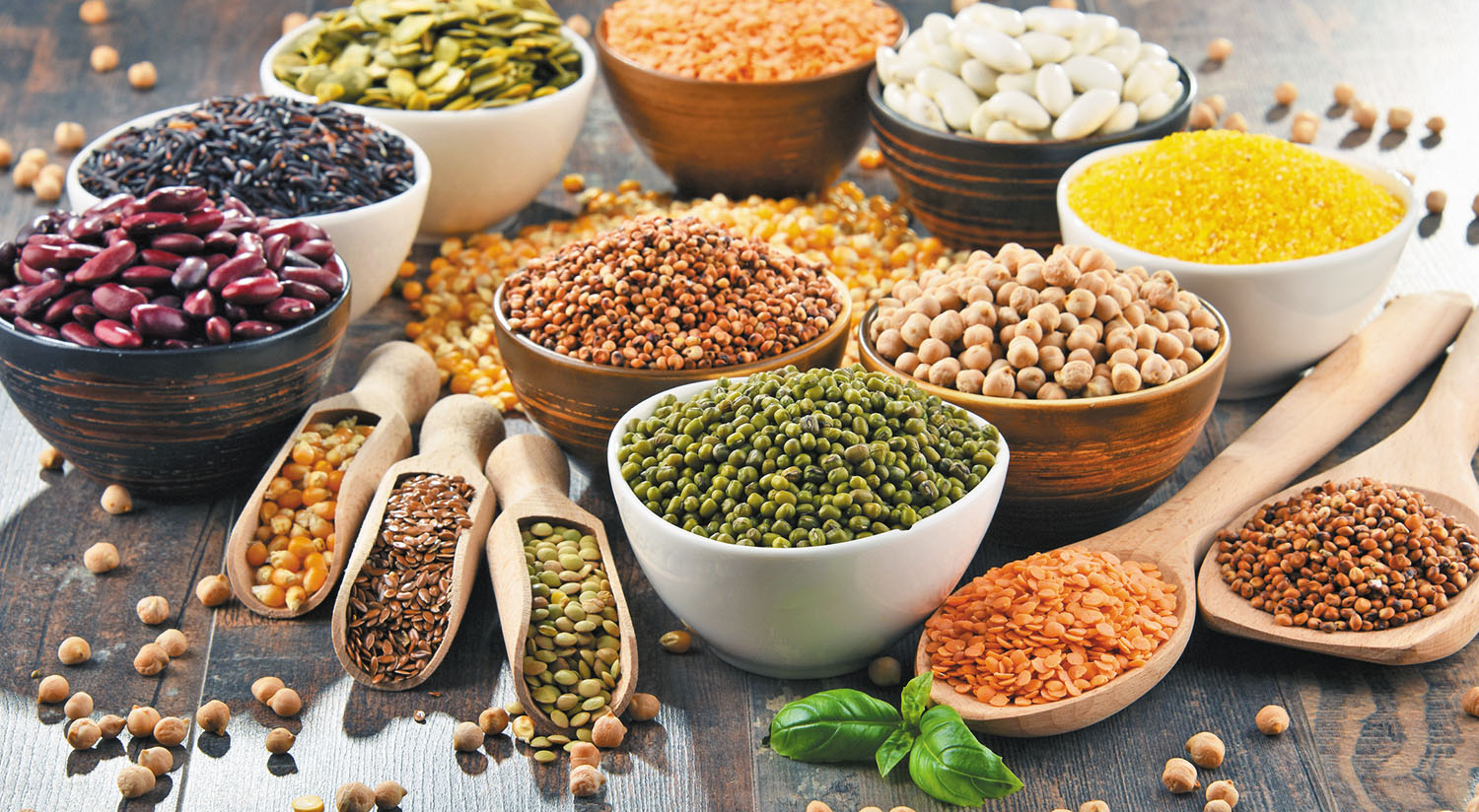 |
| Legumes |
Friday 29 March 2019
Crop residue burning is a major contributor to air pollution in South Asia
 |
| air pollution |
Thursday 28 March 2019
How the humble marigold outsmarts a devastating tomato pest
 |
| tomato |
Wednesday 27 March 2019
New study uses big data to analyze the international food trade
 |
| international food |
Human settlements and rainfall affect giraffe home ranges
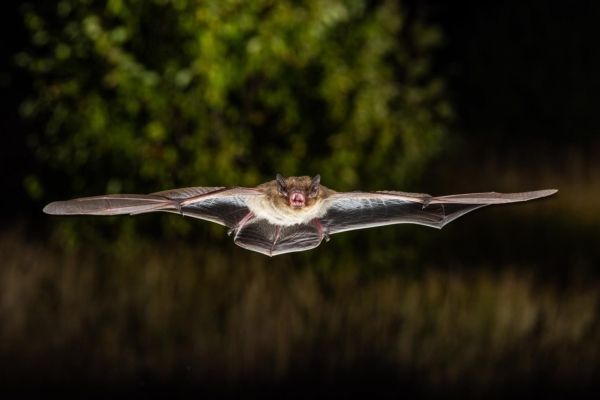 |
| Bat |
Tuesday 26 March 2019
Plants short-cut evolution by taking genes from neighbors
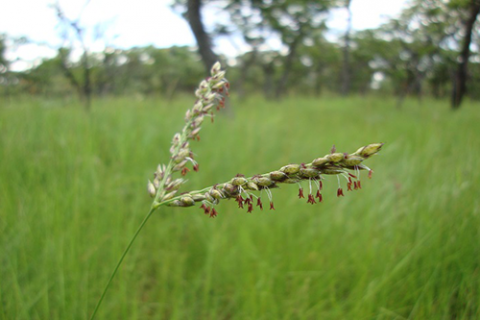 |
| Plant |
Sunday 24 March 2019
Climate-friendly labriculture depends on an energy revolution
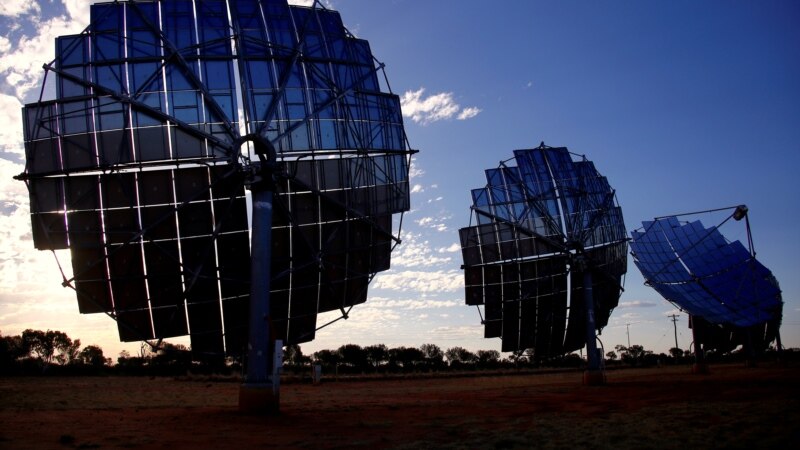 |
| Climate-friendly labriculture depends on an energy revolution |
Subscribe to:
Posts (Atom)




